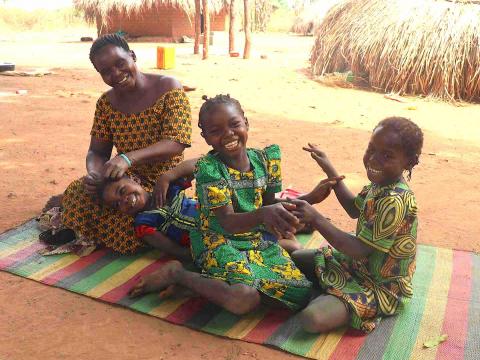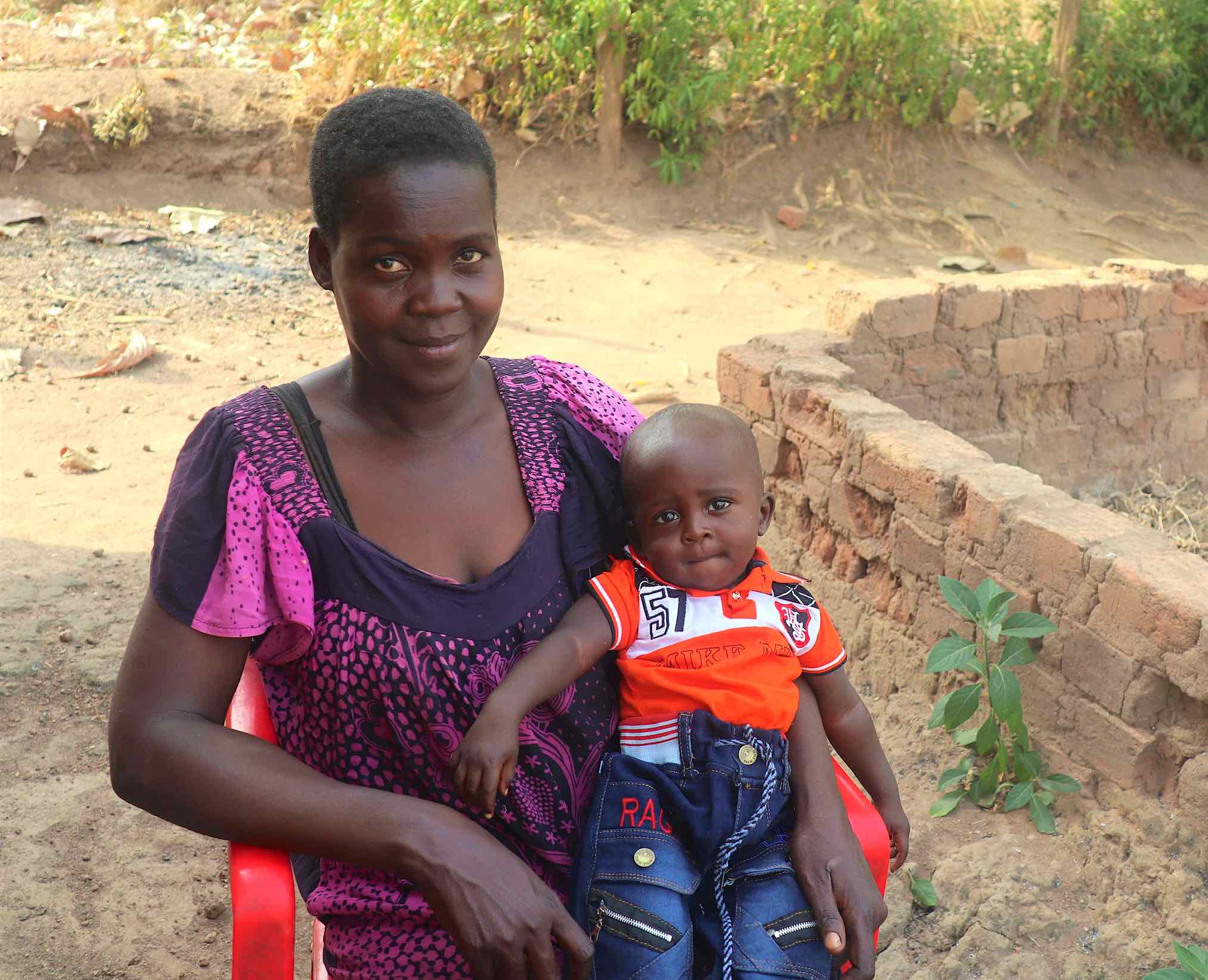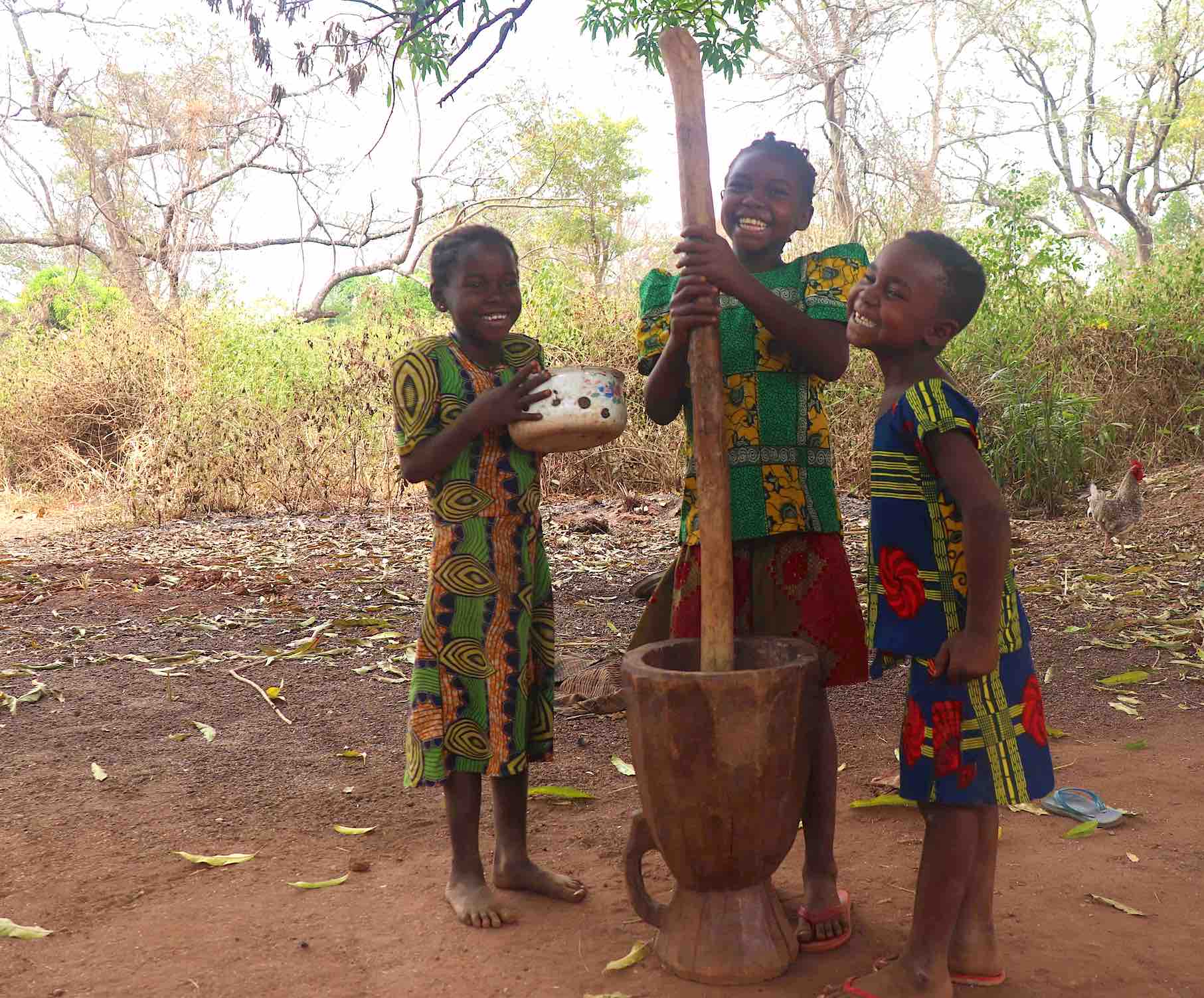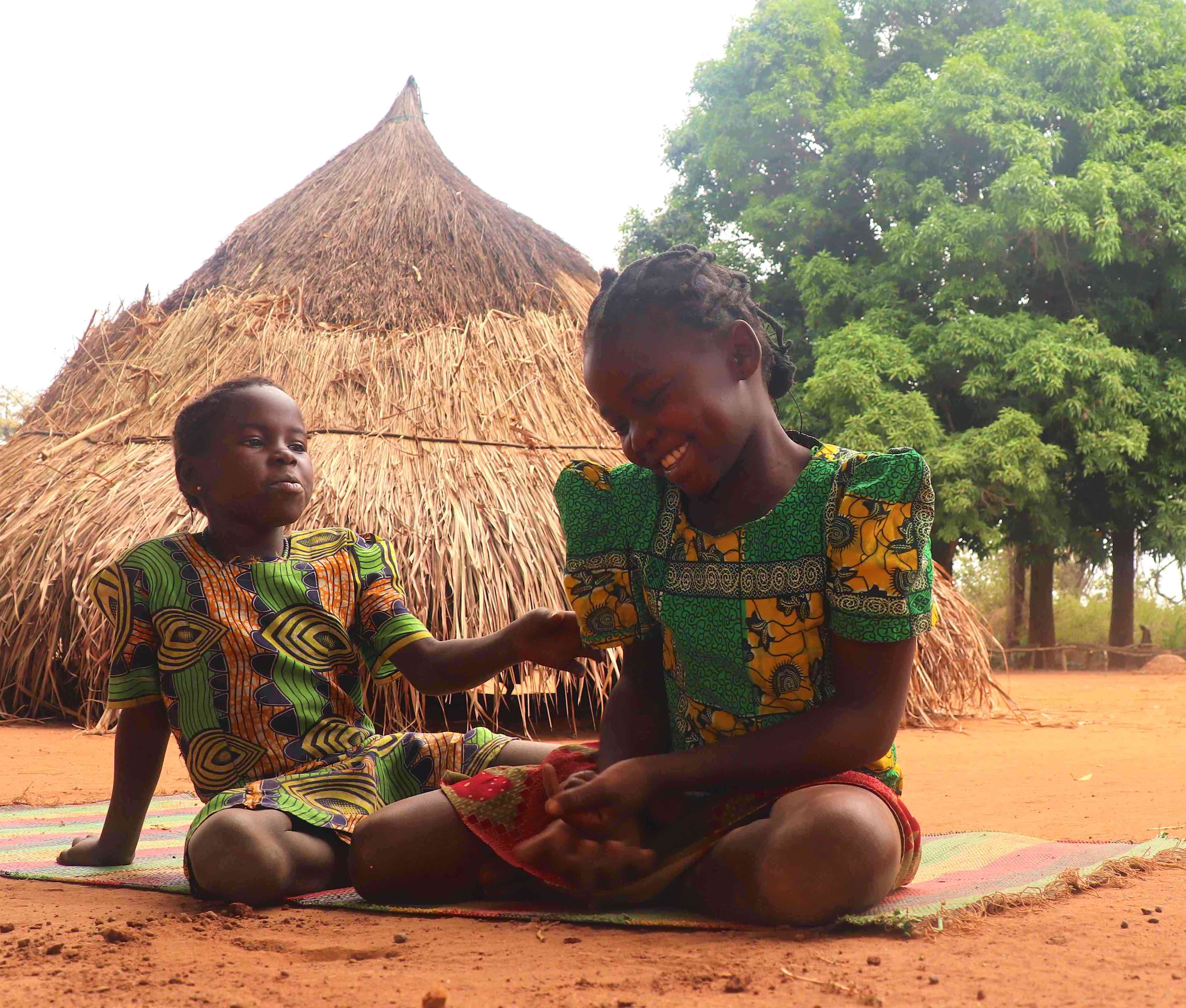South Sudanese mother of 12 advocates for maternal health and safety in childbirth

“Giving birth comes with a lot of complications and responsibility, especially for mothers who deliver from home”, shares 38-year-old mother of 12, Gracia Bapua.
“Having many children in South Sudan earn a lot respect thus, despite potential complications, women experience this pressure. “During traditional birthing, many mothers die caused by the frequent delivery. Having married young, I have no idea about motherhood or even marriage itself. I lost my first and second children due to lack of proper care”, she adds.
She became disheartened for a while but got excited again when she started having delivered children. “Every year I conceived and before I knew it, I have 12. I felt guilty bringing these children into the world but we cannot provide for their needs”, she says.

The UNFPA Report states that South Sudan’s “maternal mortality ratio is one of the highest in the world” heightened by “women’s and girls’ vulnerability to gender-based violence”. The report further there is an estimated 1.8 million South Sudanese women of reproductive age and over 195,000 of these are women.
With funding from Health Pooled Fund (HPF) and in partnership with the Western Equatoria State Ministry of Health (SMoH), World Vision organized family planning sessions in schools, community activities led by mother-to-mother support and male champion groups through the Boma Health Initiative (BHI).
But now that I am aware, I have started to practice it. My life has improved and I realized spacing the children is good for both the mother and the children.
The initiative trained 84 Boma health workers to promote health, disease prevention, and treatment activities in communities, including safe motherhood and family planning. “When I heard about family planning from the health workers, I decided to join. I would have done proper spacing if I was aware of this when I got married”, Gracia shares.

World Vision’s Ezo Coordinator Yengi Evans Samuel said most communities in South Sudan still observe traditional practices even in childbirth. Gracia says, “After I learned about proper planning, I discussed it with my husband. I realized that as parents we must be able to provide for our children.”
Another mother, 35-year old Emilia Andrea with five children, said that there are misconceptions about family planning such as it can cause infertility that causes women to avoid it. “But now that I am aware, I have started to practice it. My life has improved and I realized spacing the children is good for both the mother and the children”, she adds.
Ezo Hospital’s Administrator Agustino Indikiri explains, “Men should help embrace family planning to save the lives of the mothers, reduce malnutrition and break the vicious cycle of poverty.” Yengi added that the goal of BHI is to bring these quality health services the people deserve to the communities.

Story and photos by Jemima Tumalu, Communications Officer